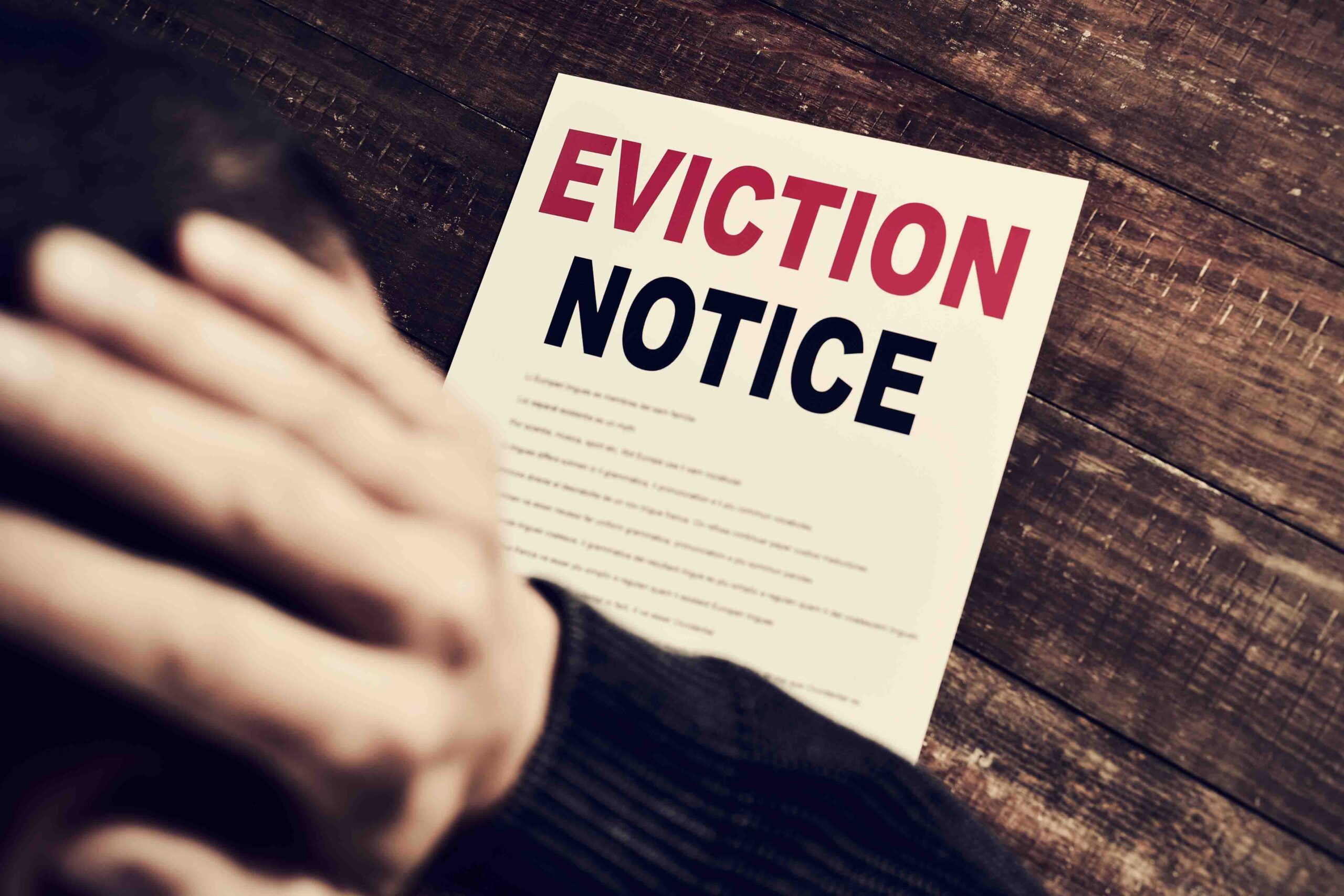While eviction and unlawful detainer both involve the removal of another person from your property, they are two distinct and separate causes of actions despite their apparent similarities. Understanding the specifics of the situation and the law is crucial in choosing the appropriate legal court for removing an unwanted occupant from your premises.
An eviction is the legal procedure a landlord must follow to lawfully remove a tenant from the landlord’s property. Eviction is the appropriate action to file when there is a landlord/tenant relationship. Thus, an eviction is the proper process if there is a leasing agreement or payment of rent for the occupancy of the property. It is important to note that the leasing agreement does not have to be in writing and can be an oral agreement.
Unlawful detainer is a lawsuit filed pursuant to Chapter 82, Florida Statutes, requesting that another individual be ordered to vacate your property. An unlawful detainer is the proper action to file when there is no landlord/tenant relationship, the occupant does not have a leasing agreement, and does not pay rent for their use of the property. For instance, an unlawful detainer action is appropriate when you initially permit guests, friends, or family members to stay at your property rent-free, but they have refused to leave after you have revoked your permission.
After deciding which cause of action is appropriate to bring, it is also important to comply with the requirements of each action. For evictions under Chapter 83, Florida Statutes, the landlord must first send the tenant written notice before filing with the court. For an eviction based on nonpayment of rent, a 3-day notice is required whereas an eviction based on noncompliance of the leasing agreement or applicable Florida law, a 7-day notice is required. In contrast, for an action for unlawful detainer, no notice is required. Section 82.03, Florida Statutes, permits that a person entitled to possession is not required to notify the unlawful occupant before filing the action.
Both unlawful detainer and eviction actions can seek Summary procedure under Section 51.011, Florida Statutes. Normally, a defendant has 20 days to answer a complaint but under Summary procedure, the response time is greatly reduced. Under Summary procedure, both unlawful detainer and eviction actions require the defendant to file an answer and any defenses of law or fact within five days from service of process.
Other than the notice requirement, the process for unlawful detainer and eviction are very similar. The property owner shall file a complaint, setting forth the cause of action and any other information required by the appropriate statute for unlawful detainer or eviction. The occupant is then given five days from service of process to file an answer and defense. This answer can also include a counterclaim. If a counterclaim is filed, the owner will then have five days to respond.
Although in some situations it may be easy to determine the appropriate action – unlawful detainer or eviction – there are many situations which might make this determination to be more challenging. Depending on the facts and the circumstances, which vary greatly from individual to individual, it may be difficult to determine which category your unwelcome occupant may belong in.
If you are facing property occupancy issues, it is important to thoroughly understand Florida law or seek legal advice from an experienced attorney to ensure full adherence with the legal requirements for eviction and unlawful detainer actions. An attorney can advise you on the correct action to take while navigating you through the process, ensuring full compliance with Florida laws. The Rice Law Firm has handled a wide range of eviction and unlawful detainer cases for many years. If you would like to consult with an experienced attorney on these issues and other legal matters, please give us a call at 386-257-1222.



